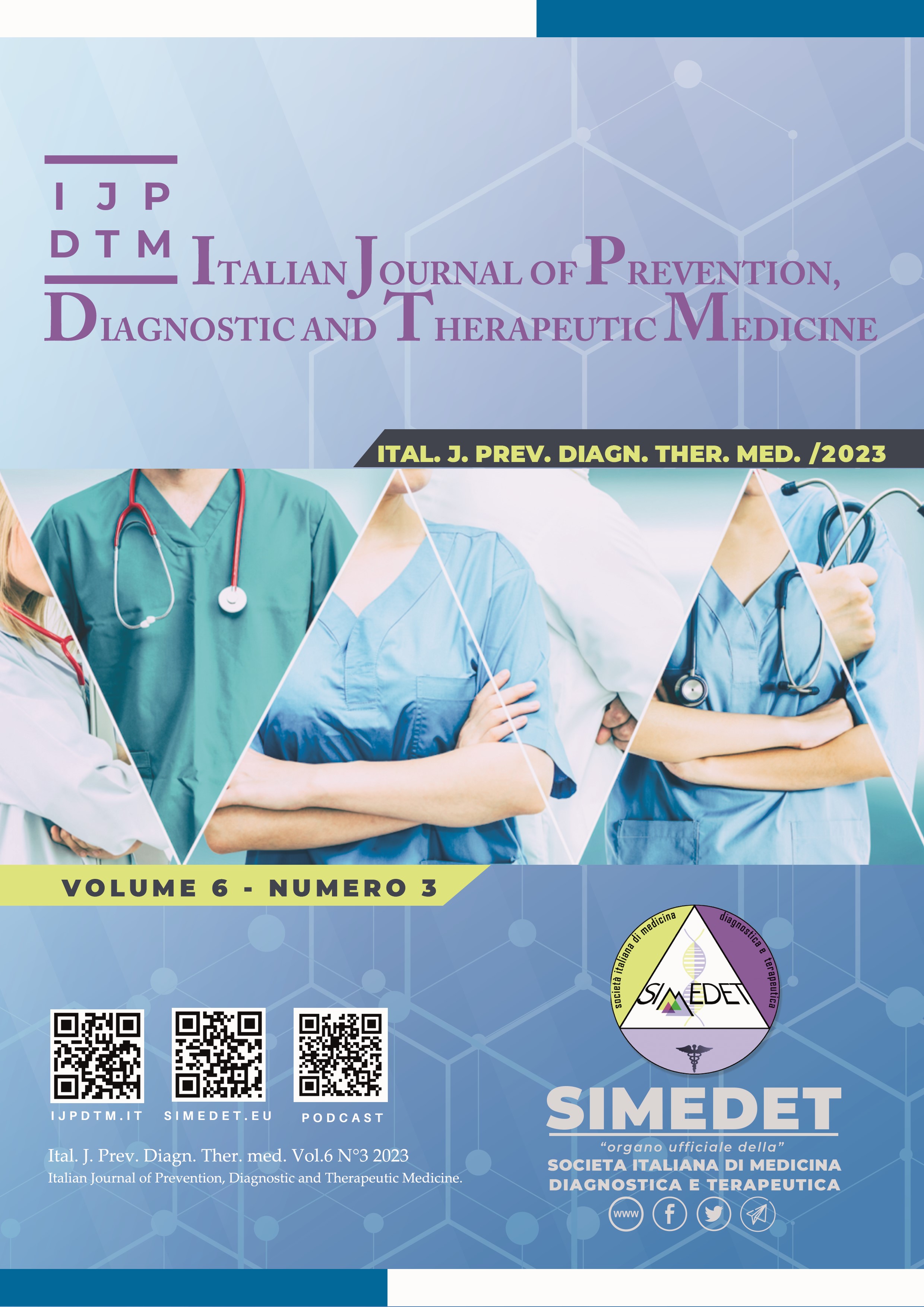The Poisoning of San Tommaso d’Aquino
Main Article Content
Abstract
The article discusses the use of fake news in literature, with a reference to Dante Alighieri's Divine Comedy.
In particular, we explore Dante's contribution to the spread of fake news regarding the poisoning of St. Thomas Aquinas.
The article analyzes the historical and cultural context in which Dante lived and the role of truth in communication. It is concluded that Dante used popular rumor as a literary device to affirm his political beliefs, but his accusation of poisoning St. Thomas Aquinas was judged false by historical criticism.
The article underlines the importance of considering the source of news and the use made of it, even in literature.
Downloads
Article Details

This work is licensed under a Creative Commons Attribution-NonCommercial 4.0 International License.
References
- Ciammaruconi - Tommaso d’Aquino a Fossanova: una morte “sospetta” a Dante (Purgatorio, XX, 67), in Splendore di Luce eterna.
Il Canto XI del Paradiso, a cura di M. Caschera - C. Ciammaruconi, Latina 2022.
- Pietro Moiragh - La Morte di S. Tommaso d’Aquino e Carlo d’Angiò.
Tipografia. Degli annali degli avvocati di S. Pietro,Roma 1885
- Rodolfo Majocchi - S. Tommaso d’Aquino: mori di veleno?
tipografia pontificia, arcivescovile ed abbaziale dell’immacolata Concezione Modena 1889

